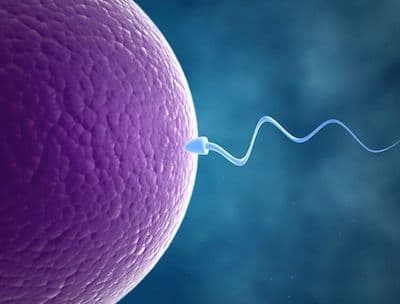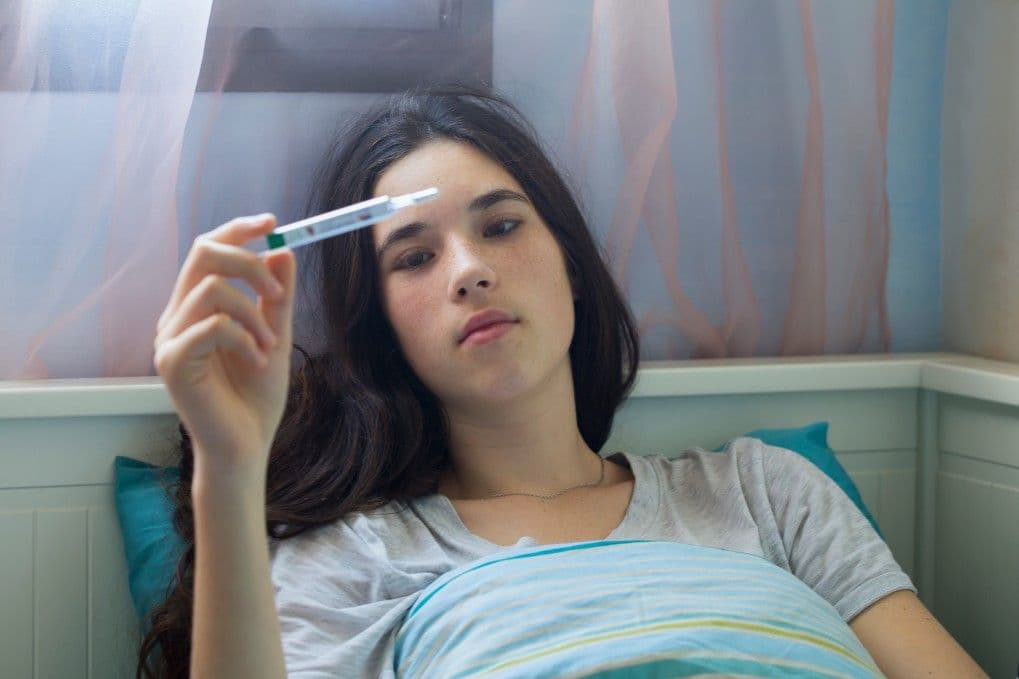Anti-Sperm Antibodies
Male Fertility
Obie Editorial Team

Q: What are anti-sperm antibodies?
A: Anti-sperm antibodies are protein molecules made by the woman's or man's body that are attracted to a specific site on the sperm and interfere with sperm activity. Anti-sperm antibodies can either:
- Prevent sperm from attaching to the egg
- Stop sperm from moving normally
- Prevent sperm from passing through the cervical mucus, or
- Make sperm clump together
Anti-sperm antibodies can occur both in men and women. They are frequently seen in men after vasectomy, testicular injury, or infection.
The cause of anti-sperm antibodies in the woman is unknown. Testing and identification of the type of antibody (IgA, IgG, and IgM) or the location, the point at which they attach to the sperm (head, midpiece, or tail), does little to suggest who will or won't conceive. In fact, many women and men with anti-sperm antibodies have no problem getting pregnant.
There is limited benefit to treating the condition by lowering antibody levels with steroids or removing the antibodies from sperm. Ovulation induction with pills or injectables and insemination followed by in vitro fertilization (IVF) with ICSI (a process that involves injecting a sperm directly into an egg) seems to be the best treatment available.
Read More











